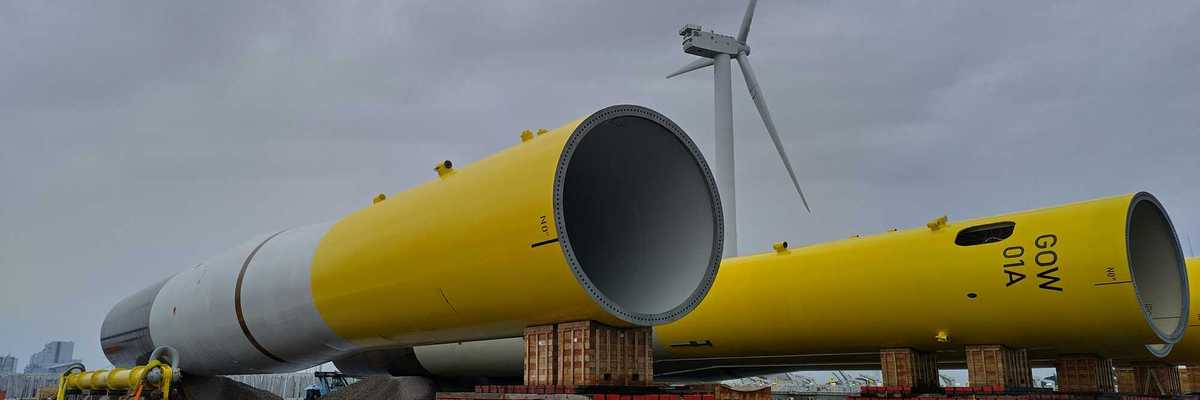energy consumption
AI's hidden energy and water costs remain untracked
As AI technology expands, its immense energy and water consumption go largely unreported, raising concerns about environmental impacts and utility costs.
In short:
- AI applications significantly increase energy consumption, with Google's AI search features potentially consuming as much power as Ireland.
- Lack of transparency from tech companies hinders accurate tracking of AI's energy and water use, complicating regulation efforts.
- Utilities and ratepayers often bear the costs of the infrastructure needed to support AI, exacerbating existing environmental and economic issues.
Key quote:
“It’s difficult to reckon with the physical harms of artificial intelligence, [because] tech companies invisibilize the consequences of these systems, most people don’t have to think about it.
— Brian Chen, policy director at the nonprofit Data & Society
Why this matters:
Understanding and regulating AI's resource consumption is important for mitigating its environmental impact and ensuring that costs are fairly distributed, but the tech industry has been reluctant to accept greater transparency and oversight. Read more: How artificial intelligence can help save us from air pollution.
Slow down, do less: A Q&A with the author who introduced 'degrowth' to a mass audience
Ski resorts battle for a future as snow declines in climate crisis
International Ski Federation urged to cut emissions, while activists warn of damage through heavy use of snowmaking.
Air-conditioning use will surge in a warming world, U.N. warns
Crematories want to ‘cool the F's down’
A slight operating change for crematories across Pennsylvania could impact costs and air quality in a big way.









